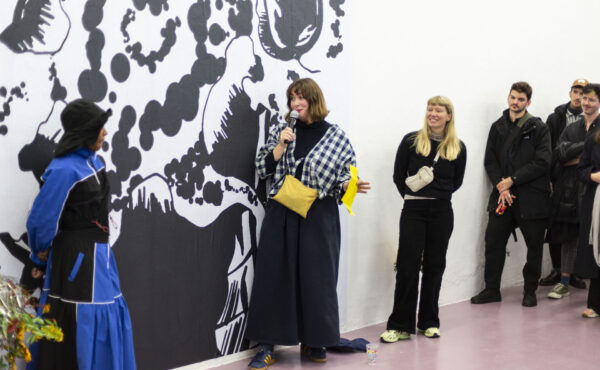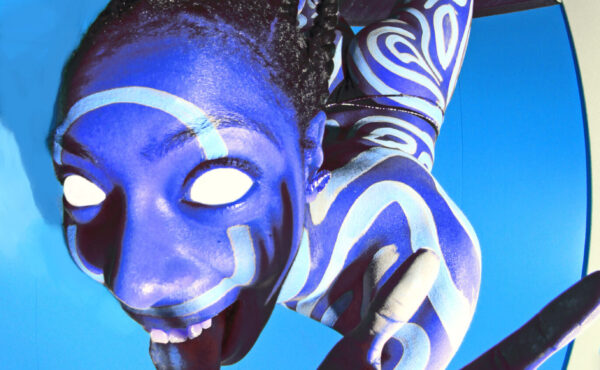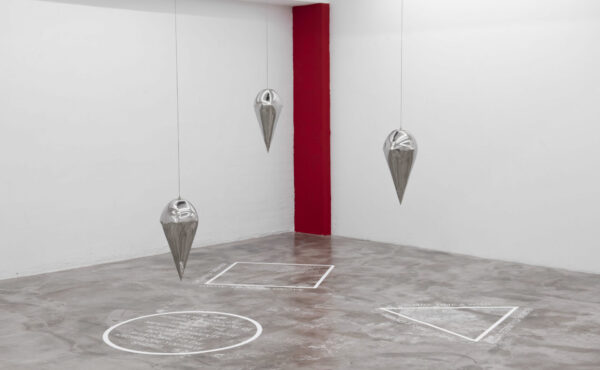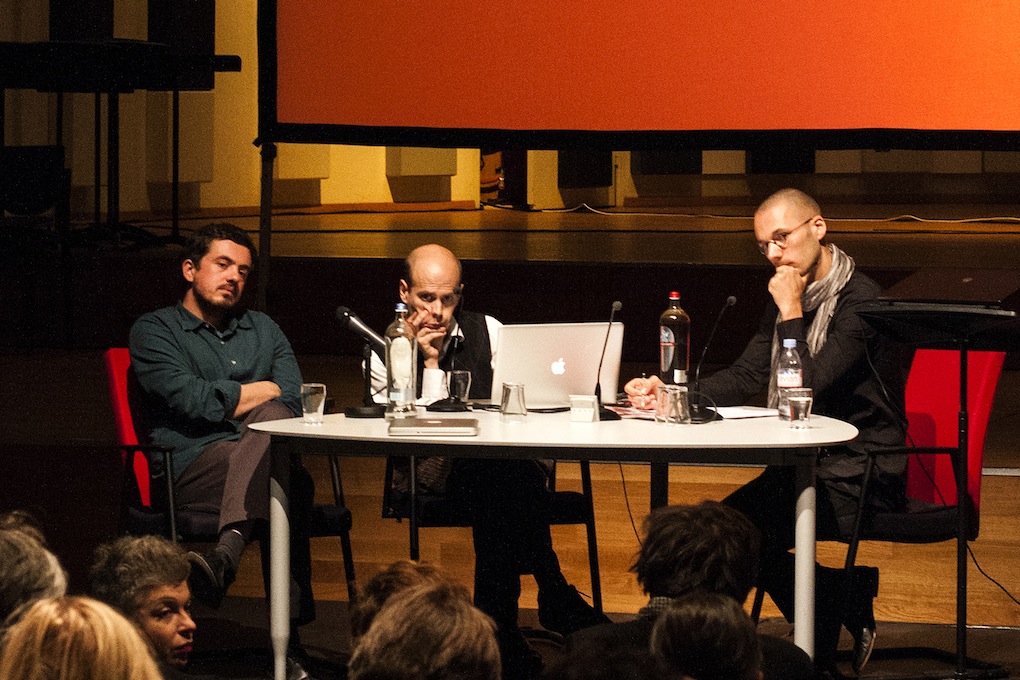
Report of the 3rd Former West Research Congress, Part Two
Last Saturday in Utrecht, over the course of almost twelve hours of the dense congress ‘Beyond What Was Contemporary Art Continued’, which was the third Former West Research Congress, various cultural producers (artists, theorists, curators) mainly from Europe and North Africa contributed to the discursive process of the undoing of the West.
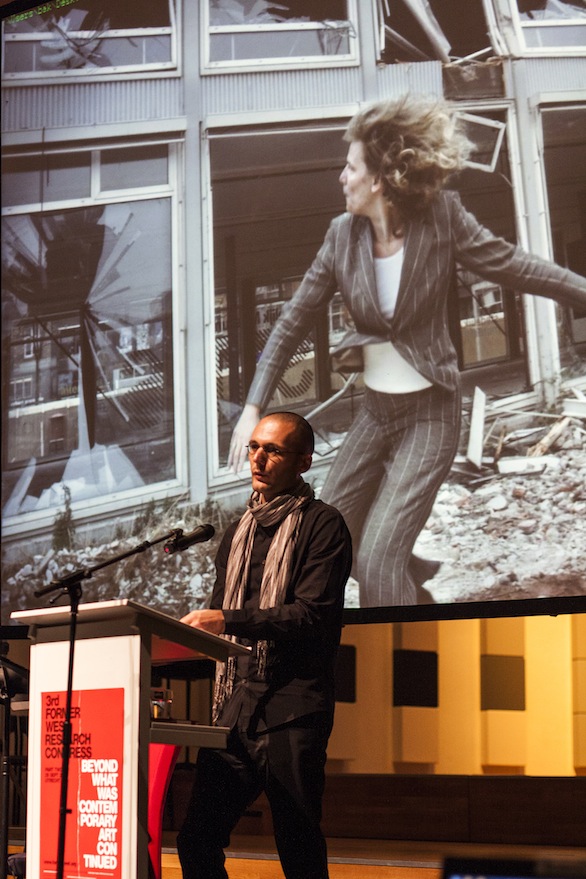
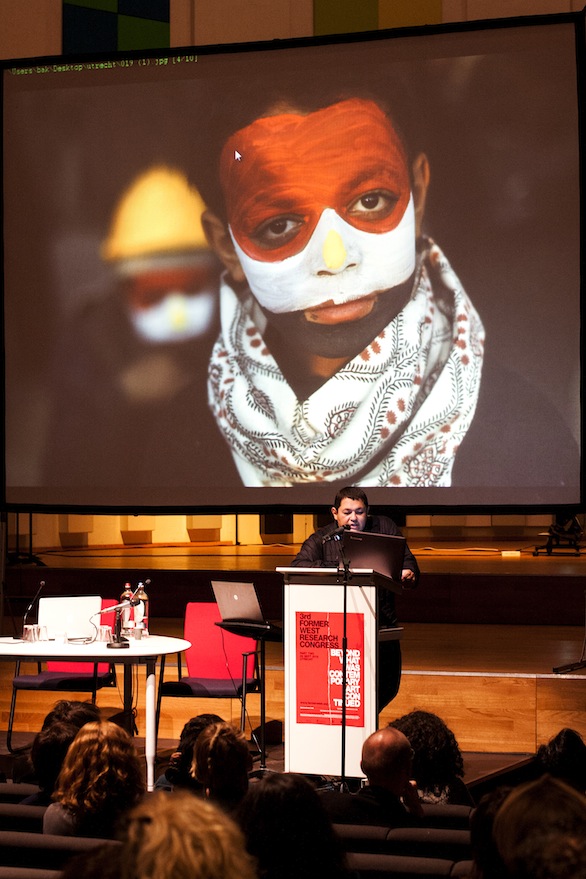
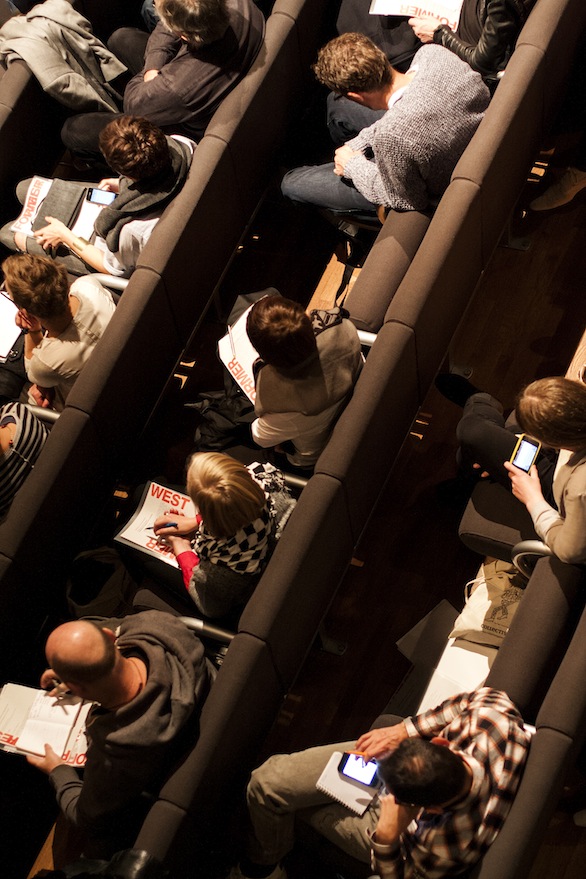
But what does ‘Former West’ or going ‘beyond contemporary art’ mean? It seems pretty clear that this research congress was based on the assumption that the ‘good-old’ West as we know it is constantly being challenged by different forms of resistances (micro-narratives, alternative forms of knowledge) and as a result loses its traditionally hegemonic position. This does not mean that ‘the West’ has dissolved into irrelevance, quite the opposite – even having the status of a myth it still has influence on shaping global realities, even in the midst of the process of dying or transformation it is still alive and kicking. Situating oneself within the actuality of the ‘former West’ is one of the conditions of critical political thinking.
What, then, is the role of contemporary art, and why go beyond it? Contemporary art with its prizes, global exhibitions and glam around it – thus on the level of life style, but also on a broader structural level – is an integrated part of the discursive constellation one could call ‘the West’. It is, thus, to some extent one of the instruments of the redistribution of goods and ideals related to ‘the West’ and modernity. This situatedness and productivity of art within the dominant paradigm should not lead to a deterministic and pessimistic view on art. Rather, it is the equivocal character of art that is important. It is precisely the proximity between social changes and artistic practice which makes art a locus for the political and aesthetic imaginary that can go beyond ‘the West’ and its ‘contemporary art’.
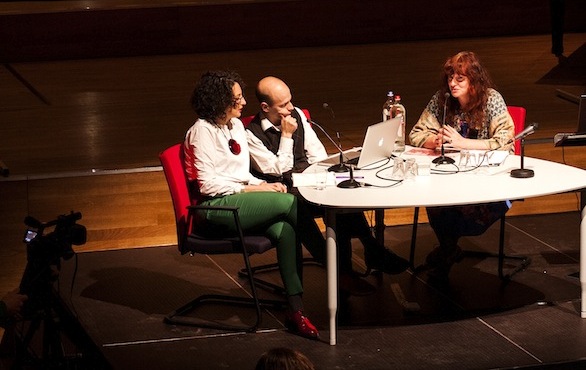
Throughout the congress there was an inviting sense of actuality and of a need for recognizing, localizing and thinking the changes and shifts in ‘the center’ and ‘the periphery’. Among other things, the speakers demonstrated the strategies of decentralizing the West involve identity politics and migration (Delaine Le Bas), a form of ideology critique especially relevant within the Dutch context (Jonas Staal), the role of the body in the aesthetics of resistance (Rasha Salti), new figures of the hero and martyr that might be relevant for political action and ethics (Bassam el Baroni) and possible ways for contemporary art to elude basic institutional, aesthetic and ideological art regimes based on expert culture, a classical division of labour that in turn leads to a fear of the invisible void, of not being visible (Stephen Wright).
Rasha Salti’s talk on the Syrian insurrection made it clear that as much as going beyond contemporary art and doing art is a discursive activity it is also an active social practice. The posters promoting political solidarity made by the Syrian political opposition, and the disobeying, dancing and painted bodies that occupy streets in Syria prove that doing politics and art demands an affective, emotional investment for the social bond to emerge. The civic imaginary of the insurgency is not only mobilized by concrete political actions but also by the politically productive effects of love, friendship and solidarity. Just as it is difficult to imagine politics without commitment to an idea, in the age of neoliberalism and the post-Fordist division of labour it seems difficult to seriously think politics without taking into account the management of immaterial labour, emotions and affects.
Throughout the conference one could wonder about the role of political economy and what to do with its critical potential. Apart from a few moments, the cutbacks and the financial crisis seemed to be an obvious background of the debates rather than one if its main topics. One could get the impression that the ‘former West’ is primarily a political and ‘culturalist’ analytical tool rather than an economic one. Maybe the interesting perspectives brought up in this congress could be combined with the economic perspectives in the next research project.
3rd FORMER WEST Research Congress, Part Two
29 September 2012
Utrecht School of the Arts (HKU)
www.formerwest.org
www.bak-utrecht.nl
Nguyen Vu Thuc Linh
